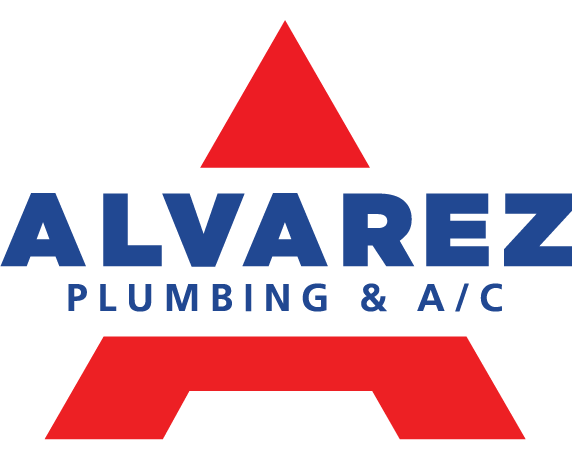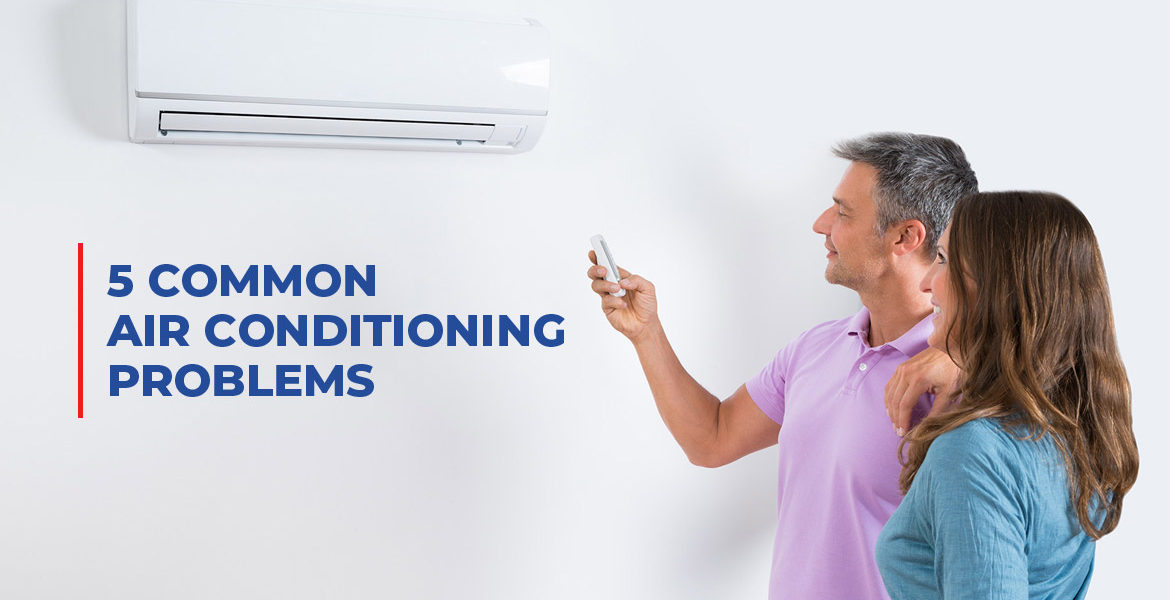HVAC
5 Common Air Conditioning Problems
There are a few scenarios that are our top calls for some common air conditioning and HVAC problems, especially in the spring or wintertime. Before your air conditioner gives out, before you really need it this summer, call us to schedule a regular maintenance check-up. If your air conditioning system is having serious problems, contact a professional HVAC repair company
Where Does Dust Come From?
Dust is a constant battle. It always seems to be in your home no matter how often you dust. Dust comes from somewhere, so rest assured you may be able to manage it. Dust is primarily made up from dirt pollen, dead skin cells, pet or people hair, pet dander, and other small particles. Pets When pets come back in
Dirty Sock Syndrome Pt 2
This week we are concluding our dirty sock syndrome coverage with information on how to treat and prevent falling victim to it by managing the indoor air quality of your home. Preventing This Syndrome The best treatment is always taking the right steps to prevent dirty sock syndrome from happening to your air conditioning system in the first place. The
Dirty Sock Syndrome Part I
Have you turned on your air conditioning unit recently and noticed a foul, rotten, or moldy smell flow through the vents? If so, you may have fallen victim to dirty sock syndrome. It is a real problem, albeit, with a silly-sounding name, that can affect anyone with an air conditioning unit. What Is Dirty Sock Syndrome and What Causes It?
Common Solutions To A Noisy AC
Noisy air conditioners can make it difficult to relax at home and sometimes can be a sign of a problem with the unit, which can worsen if you try to ignore the noise. Other times, simple fixes can cure your noisy HVAC problem. Here are some common solutions from our experts that can fix your noisy AC. Lubrication An air
Cleaning Your Evaporator Coil
Routine maintenance is a must when you have an air conditioner or HVAC unit. In addition to annual or bi-annual inspection by a professional, your ac unit requires the replacement or cleaning of parts every one to three months, and sometimes only as needed. Air filters need to be replaced every 1-3 months depending on how dirty they are. The
Common Freon Questions
Freon is a refrigerant that is used in central air conditioners that is responsible for cooling the air. It is also considered to be an Ozone depleting agent; therefore, only licensed individuals may handle the chemical. Here are a few common questions we receive about Freon. 1. How do I know if my air conditioning unit is low on Freon?
Ensure Better Air Quality With Your HVAC System
Most people think that they should stay indoors in order to avoid the pollutants in the outdoor air, but indoor air can be up to five times more polluted than fresh air, according to the Environmental Protection Agency (EPA). Poor air quality inside your home can cause you to have cold-like symptoms such as sneezing, coughing, runny nose or congestion,
$500 Off New 17-Up SEER System Upgrade
Offer expires 12/31/2018. Some restrictions apply.
$300 Off | New 15-17 SEER System Upgrade
Offer expires 12/31/2018. Some restrictions apply.




Recent Comments